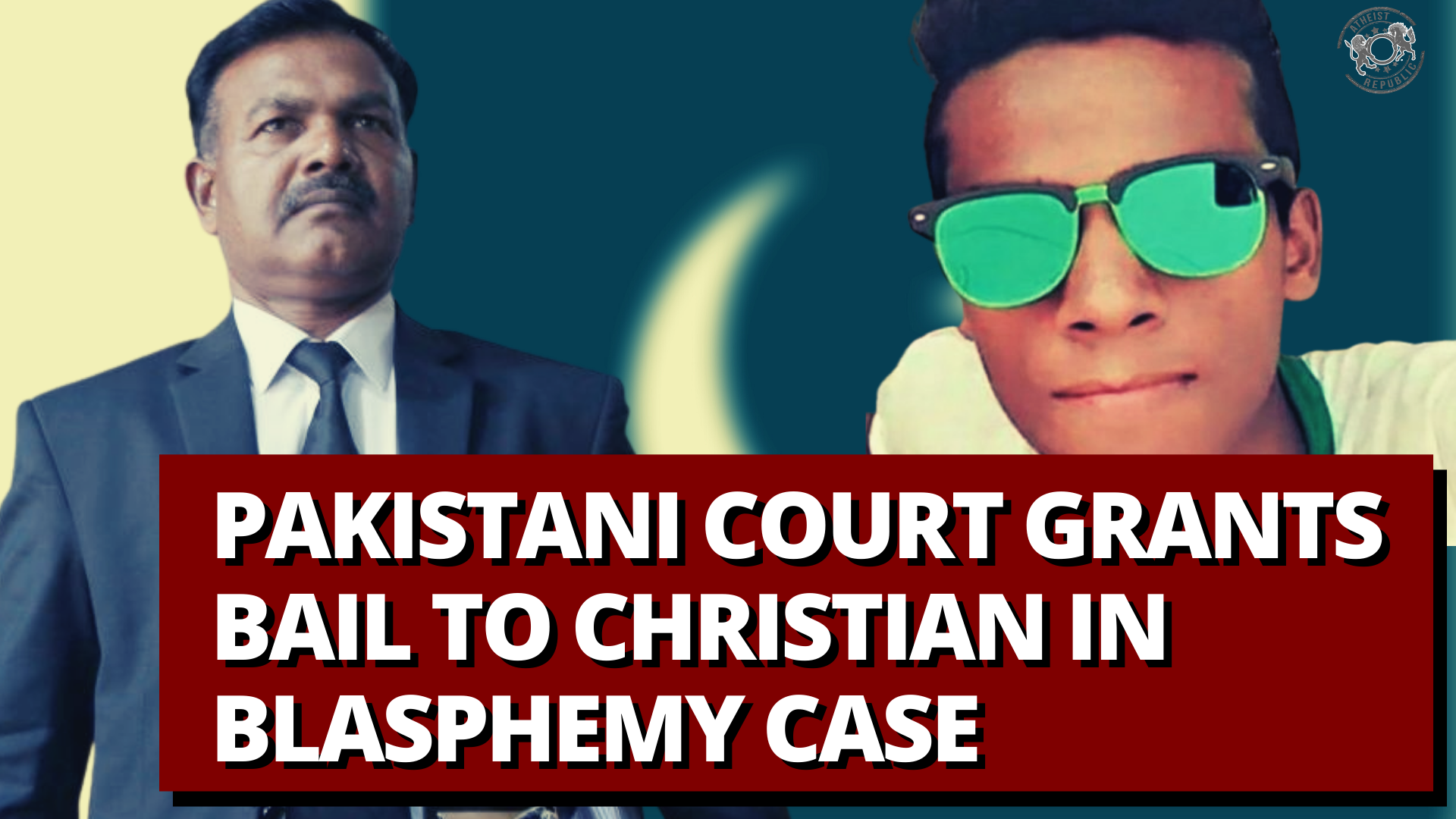
Nabeel Masih, a 16-year-old Christian, was accused by Akhtar Ali on September 18, 2016, of committing blasphemy in a Facebook post. Ali claimed the post “defamed and disrespected” the Kaaba in Mecca. Ali also claimed that he and some friends discovered a picture on Masih’s timeline depicting a pig on top of the Kaaba.
After Ali filed the blasphemy accusation against Masih at the police station, the accused was arrested by police and charged with blasphemy under Sections 295 and 295-A of Pakistan’s Penal Code.
He was charged with injuring or defiling a place of worship with the intent of insulting the religion. Masih was also charged with “deliberate and malicious acts intended to outrage religious feelings of any class by insulting its religion or religious beliefs.”
The officers stated that they removed the alleged blasphemous images from Facebook to prevent further violence. But, by removing the post in question, the charges are now most difficult to prove whether Masih is guilty or innocent. Whether Masih actually posted the image himself or if he was merely tagged in the photo remains unknown.
Regardless, Masih was convicted in 2018 and was given a 10-year prison sentence. That sentence made 18-year-old Masih the youngest person ever convicted of blasphemy in Pakistanafter previously serving two years without proper evidence.
On March 1st, 2021, a Pakistani court finally awarded bail to Nabeel Masih.
Masih’s attorney Naseeb Anjum, reminded the high court that his client has been languishing in jail for more than four years without any court progress. Anjum declared that he will quickly complete the necessary paperwork and free the now 20-year old Masih. “I will continue this legal fight for his acquittal,” he said.
The British Asian Christian Association (BACA) began supporting Masih’s legal fight to gain his release. A trustee from BACA, Juliet Chowdhry, stated that, although she is happy that Masih is free on bail, she argues that Masih was only 16 years old when arrested, and “has lost many of his most important years of development.”
Juliet Chowdhry advised that Masih deserves compensation for being falsely convicted, to help him rebuild his life, and the organization plans to help him persevere. “We call on Christians everywhere to pray for him as we continue the battle,” said Juliet.
“The forensic report proved that the alleged blasphemous post in a WhatsApp group had not been generated by Masih who was a juvenile at that time,” attorney Naseeb Anjum said, adding that police failed to fulfill the legal requirements necessary for registering the First Information Report (FIR) regarding the charges of blasphemy.
“Police apparently registered the FIR against Masih on the pressure of clerics and people of Kasur city,” said Anjum, the defense lawyer. According to him, the accuser repeatedly delayed proceedings under pretenses while the prosecution presented zero evidence in the case so far.
False blasphemy accusations are widespread in Pakistan and often motivated by religious hatred or personal vendettas. The accusations tend to be overly provocative and may potentially trigger vigilante murders and mob lynchings of those accused.
